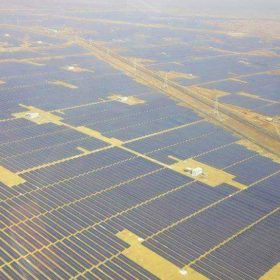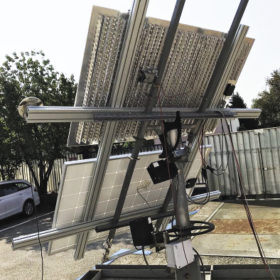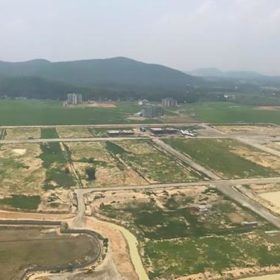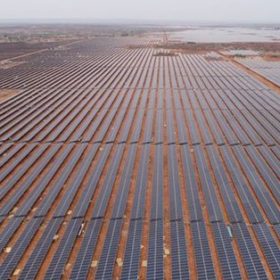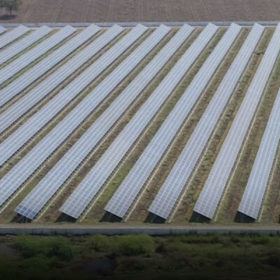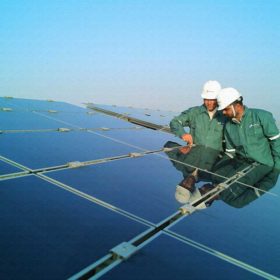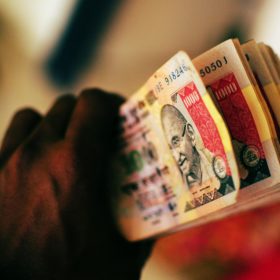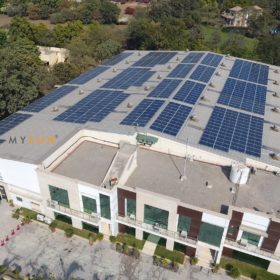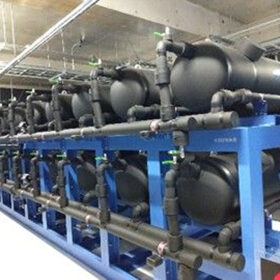NSEFI asks ministry to intervene as Andhra Pradesh curtails renewable power
After High Court’s stay on tariff revision, the state government has resorted to unprecedented curtailment of wind and solar power projects.
Tata Power to develop 250 MW project in Gujarat’s Dholera Solar Park
With this win, the company’s capacity under implementation would become 650 MW, which is in addition to the operating capacity of 2,476 MW (comprising 932 MW wind and 1544 MW solar capacity at utility scale).
Uttarakhand allots solar projects worth Rs 600 crore to local developers
The projects—to be set up in capacities of 100 KW and 5000 KW on the barren and uncultivatable lands—will generate an estimated 148.85 MW of solar power.
The long read: The importance of staying cool
“Solar cells prefer to operate in a refrigerator,” says UNSW Professor Martin Green. His global research team is now identifying viable ways to cool down solar PV modules while amping up energy production to an unprecedented level.
QMC bags fresh Amtronics order for solar cell production equipment
The $500k order follows the delivery of two high-volume quantum-dot production systems—valued at $1 million—to support roll-to-roll printing of thin-film solar cells at Assam facility.
BHEL tenders 69 MW solar project work for SCCL in Telangana
The state-owned engineering major has invited bids for supply of balance-of-system items, and installation and commissioning of an aggregate capacity of 69 MW (AC) grid-connected solar plants for Singareni Collieries Company Limited in Telangana. The projects—including 39 MW at Yellandu village and 30 MW at Manuguru—will come up in Bhadadri Kothagudem district of the state. Bidding closes on July 31.
KPI Global signs PPAs for sale of 3.05 MW solar power
The Gujarat-based independent power producer has signed power purchase agreements with three paper mills—two in Vapi and one in Surat—for sale of solar power totaling 3.05 MW for a period of 15 years.
REIL tenders solar projects across Maharashtra utility substations
Grid-connected solar plants in capacities ranging from 250 KW to 3.5 MW are to be installed at various sub-stations of state-owned Maharashtra State Electricity Distribution Company Limited. Bidding closes on August 12.
NSEFI seeks liquidity fund for utilities to clear solar power dues
The lobby group has written to the Ministry of New and Renewable Energy to create a fund for providing liquidity to State Discoms and thereby clearing the dues to independent solar power producers.
Uttar Pradesh tenders 25 MW rooftop solar under ‘RESCO’ mode
Uttar Pradesh New and Renewable Energy Development Agency (UPNEDA) has invited bids to set up an aggregate 25 MW capacity of grid-connected rooftop solar systems at government/semi-government buildings in the state. The systems—in individual capacities of 25 kWp to 500 kWp—are to be installed under RESCO model on gross-metering basis. Bidding closes on August 12.
